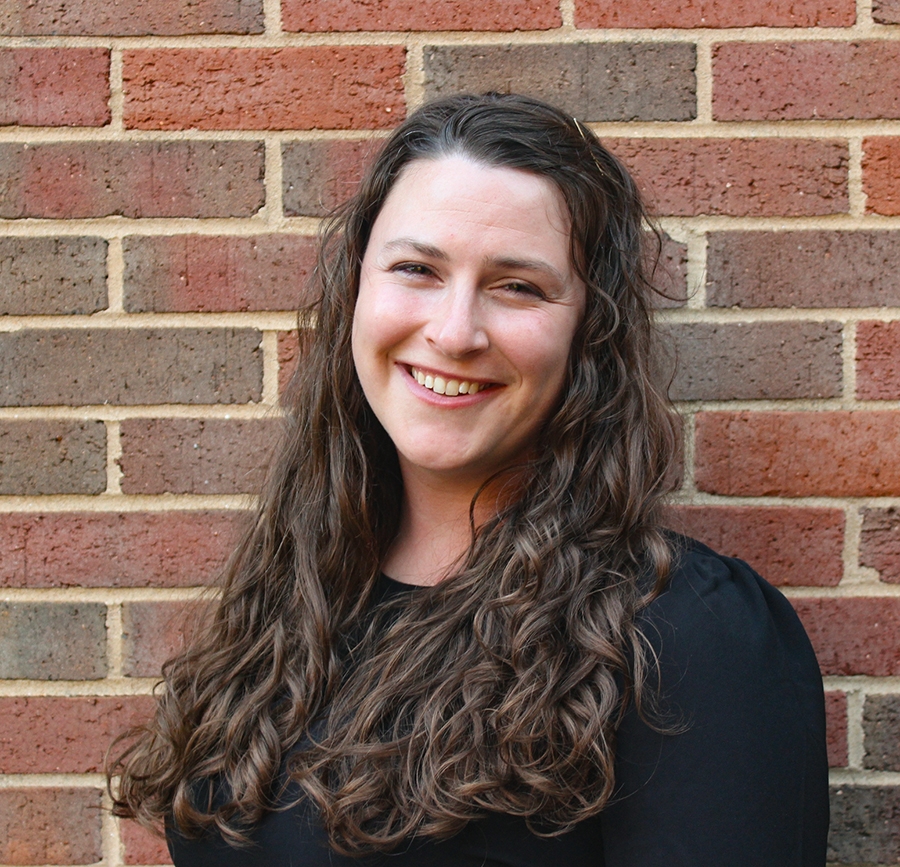Improving The Way Seniors With Brain Injury Learn
Dr. Amy Kemp’s research reveals how older adults with traumatic brain injury learn may be as important as what they learn.
This past year, this speech language pathologist set out to uncover what she instinctively knew: The way information is delivered is key to the patient’s understanding of that material.
“Organizations like the Brain Injury Alliance of Arizona are doing a wonderful job of finding more ways to increase awareness by filling in the gaps for information and resources.”
Improving The Way Seniors With Brain Injury Learn
Dr. Amy Kemp’s research reveals how older adults with traumatic brain injury learn may be as important as what they learn.
This past year, this speech language pathologist set out to uncover what she instinctively knew: The way information is delivered is key to the patient’s understanding of that material.
“Organizations like the Brain Injury Alliance of Arizona are doing a wonderful job of finding more ways to increase awareness by filling in the gaps for information and resources.”
In May 2023, Amy graduated from the University of Georgia with her doctoral degree in Communications Sciences and Disorders. Previously, she received Graduate Certificates in Public Health and Gerontology from the University of Georgia and a Certificate in Online Teaching and Learning from the Center for Teaching and Learning in Madison, Wisconsin.
Through a dissertation grant, she created a project evaluating a self-regulation technique in behavior change in fall prevention.
The study was straightforward: She interviewed older adults with a history of TBI. She wanted to know if health education materials were clear enough to obtain actionable information. Subjects were asked to share personal information about their experiences related to fall prevention and health benefits.
Her pilot data concluded that when providers were strategic with dissemination of information, in this case, fall prevention, the chance of implementation increased.
What she found surprising was that healthcare workers typically only spent seven minutes discussing crucial information in their only appointment. However, when given the opportunity to discuss insights at length, these individuals thrived on deeper dives. They wanted to know more while spending additional time in these important health matters.
Amy also discovered that the font and graphic presentation on the materials made an enormous difference, and concluded that larger type and more pictures were essential for reinforcement.
These insights signal a need for more responsiveness. “This represents a shift on how we structure education with specialists,” says Amy. “We need to expand this approach to education to specific fields, like physical, occupational, and speech language therapy.”
Brain Injury Alliance of Arizona CEO Carrie Collins believes research like this is crucial. “We see the positive effects of education about brain injury every day. Amy’s study validates that importance with two facets that are often overlooked.
“Let’s face it: Healthcare literacy is a complex topic, but the more knowledge we gain, the more meaningful our interactions. This is true for both survivors and caregivers who have limited time and are juggling a myriad of ever-evolving challenges.”
Now, Amy’s looking to extend the grant for two more years for more in-depth research. “This group was predominantly women, so we’re looking for a larger sample size with more men.”
Her findings have wider implications as well. With greater interaction, healthcare workers will have more time to teach patients about the importance of general health, increased activity, and social engagement.
“Even if fall prevention isn’t relevant, there is good reason to think about health overall for behavior change. Organizations like the Brain Injury Alliance of Arizona are doing a wonderful job of finding more ways to increase awareness by filling in the gaps for information and resources.”
This is all part of Amy’s m.o. “I entered this field because of my passion for people who don’t have access or are uncomfortable going to a provider. My goal is to expand access for more effective care.”
Perhaps she can attribute this quality to her mother. “She was a healthcare nurse, she cared for people all around Detroit. She adapted to people who couldn’t afford care. I saw the difference she made in their lives.”
Amy Kemp is already making quite a difference herself.
ABOUT BRAIN INJURY ASSOCIATION OF ARIZONA
The Brain Injury Association of Arizona (BIAAZ) is the only statewide nonprofit organization dedicated to improving the lives of adults and children with all types of brain injuries through prevention, advocacy, awareness and education. BIAAZ also houses the Arizona Brain Health Resource Center, a collection of educational information and neuro-specific resources for brain injury survivors, caregivers, family members and professionals.
What began in 1983 as a grassroots effort has grown into a strong statewide presence, providing valuable life-long resources and community support for individuals with all types of brain trauma at no charge.






